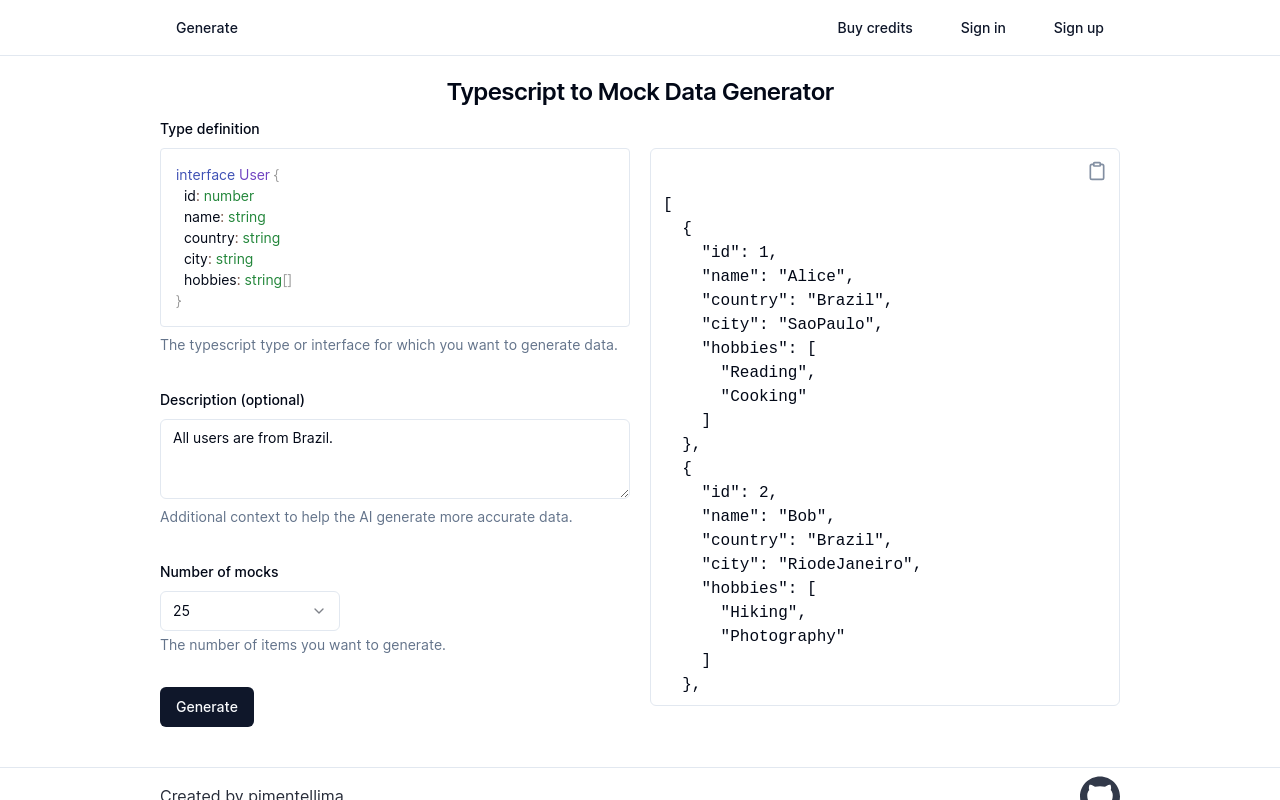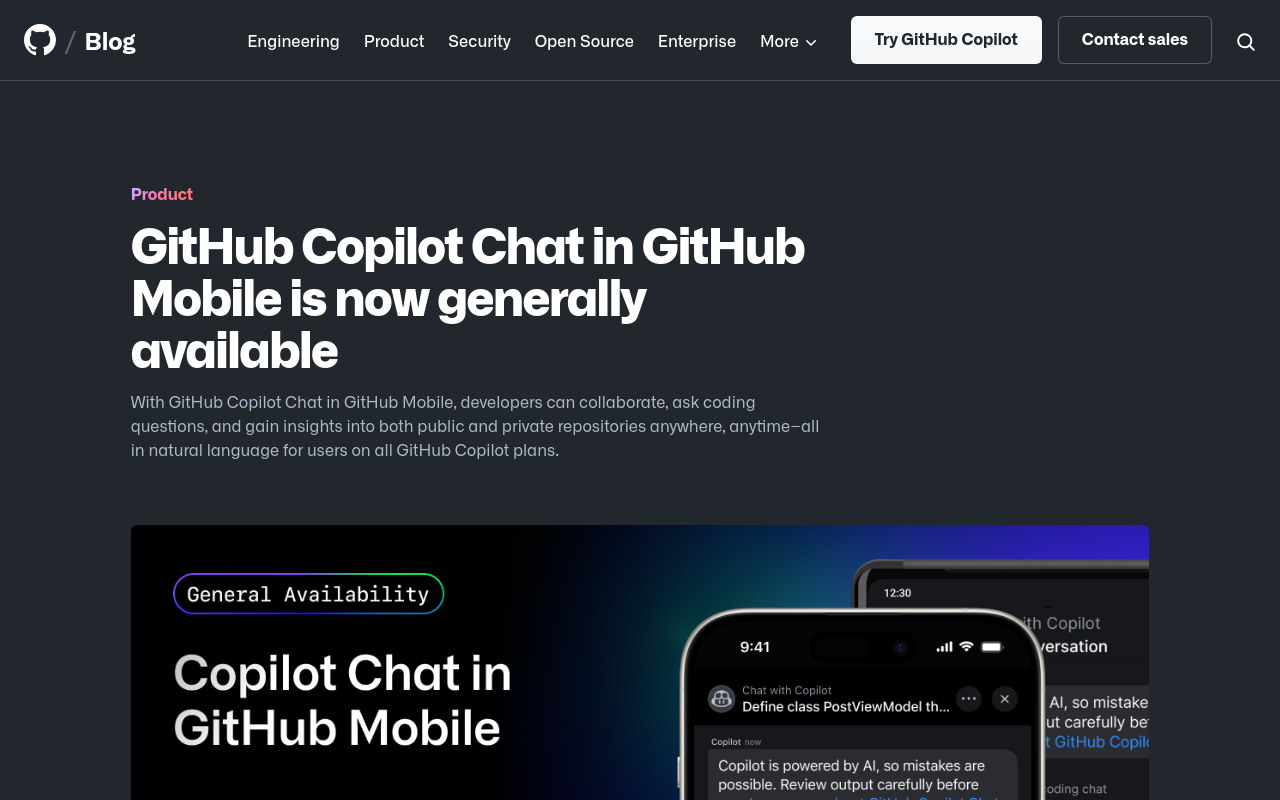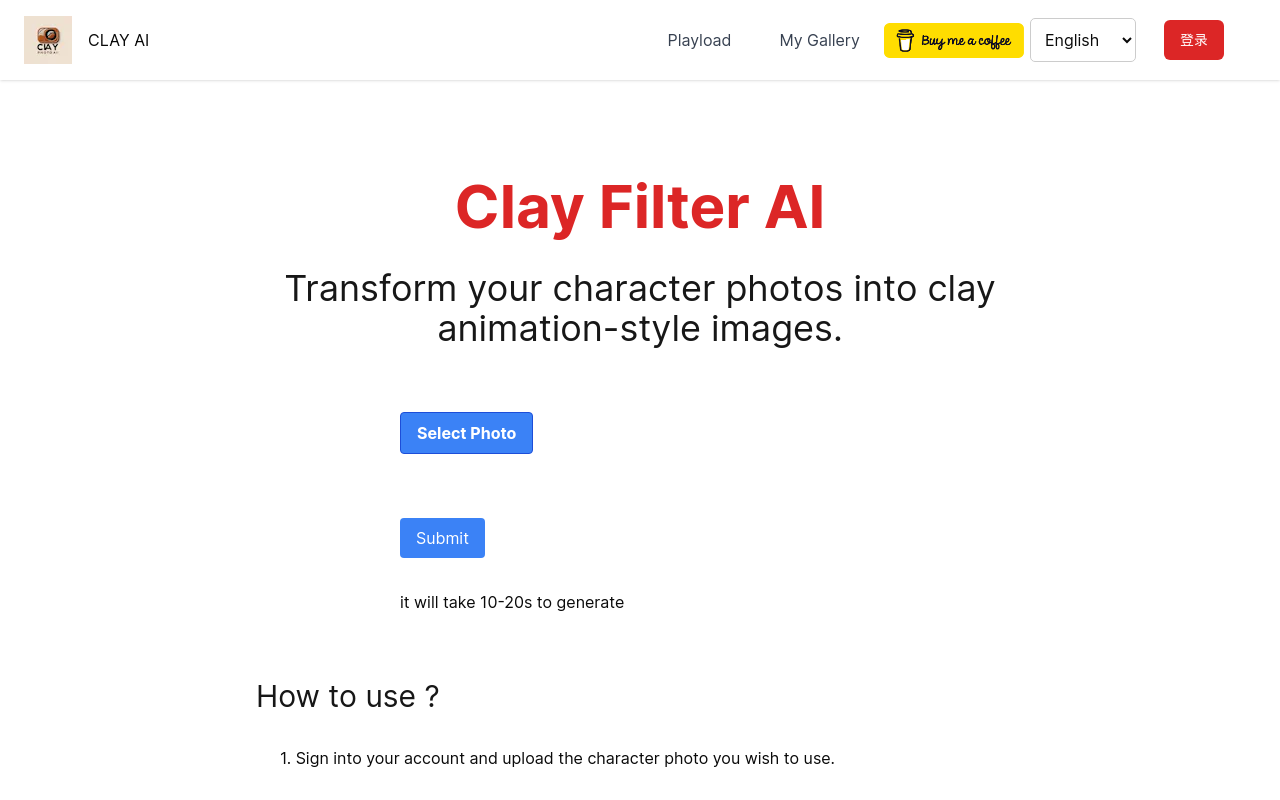Google API
Comprehensive API suite by Google for integration and enhanced functionality.
Best for:
- Developers
- Businesses
- Startups
Use cases:
- Geolocation services
- Cloud storage integration
- Machine learning
Users like:
- IT department
- Data Analytics
- App Development
What is Google API?
Quick Introduction
Google API is a versatile suite of application programming interfaces provided by Google, designed to allow developers to integrate various Google services into their own applications. Whether you’re building a simple app for personal use or a complex enterprise-level solution, Google API has something to offer. The array of tools includes everything from Google Maps, which enables real-time geographical data integration, to Google Drive, which allows seamless cloud storage and file management.
For those in data analytics, access to Google’s powerful machine learning models through TensorFlow API can revolutionize your data processing capabilities. Developers who require authentication and user security features can leverage the OAuth 2.0 protocol, offering a secure way to manage credentials. With RESTful and RPC interfaces, Google API is built to work as seamlessly as possible across various environments, including web-based applications, mobile apps, and server-side applications.
Pros and Cons
Pros:
- Extensive Range: Offers APIs across a range of services, making it a one-stop solution for integration needs.
- Scalability: Highly scalable infrastructure that can handle small projects to enterprise-level applications.
- Continuous Updates: Regular updates and improvements backed by Google’s extensive resources.
Cons:
- Complexity: Some APIs can be complex to implement and manage, requiring substantial technical expertise.
- Pricing: Costs can accumulate quickly depending on the usage and selected APIs.
- Privacy Concerns: Storing data and managing authentication externally can bring up potential privacy issues.
TL:DR
- Robust integration of multiple Google services.
- Scalable to meet various application needs.
- Secure and continuously updated.
Features and Functionality
- Google Maps API: Easily integrate mapping, geocoding, and geo-tracking into applications.
- Google Drive API: Manage file storage, sharing, and manipulation tasks seamlessly.
- TensorFlow API: Access advanced machine learning capabilities for data processing and predictive analytics.
- OAuth 2.0 Protocol: Implement secure authentication and authorization within your applications.
- Google Analytics API: Track and analyze data for web and mobile apps efficiently.
Integration and Compatibility
Google APIs offer robust integration capabilities with several platforms including web applications, mobile devices (Android and iOS), and even IoT devices. Leveraging RESTful and RPC interfaces, they can easily plug into different programming environments like JavaScript, Python, Java, and more. Their comprehensive documentation and library support ensure that they are compatible with numerous tools and frameworks, such as Angular, React, and Django.
Benefits and Advantages
- Wide Range of Services: Includes everything from basic data handling to complex machine learning.
- Scalability: Suitable for both small startups and large enterprises.
- Security: Provides secure APIs with regular updates and robust documentation.
- Innovation: Continually updated with cutting-edge technologies and features.
- Resource Management: Efficient handling of both local and cloud-based resources.
Pricing and Licensing
Google APIs can vary widely in pricing, depending on the service and the volume of usage.
Do you use Google API?
Plans often start free with a limited number of requests or features and scale up to business and enterprise plans with premium features, SLAs, and dedicated support. Licensing terms are tailored per API and can include usage restrictions, rate limits, and compliance requirements.
Support and Resources
Support for Google API includes extensive documentation, community forums, and dedicated customer support tiers in premium plans. Additionally, Google provides various tutorials, sample code, and SDKs to help developers integrate APIs seamlessly into their projects. Developer experience is optimized by comprehensive error reporting, actionable feedback, and community-driven forums like StackOverflow.
Google API as an Alternative to:
Google API stands out as a reliable, scalable, and comprehensive solution for various application needs compared to other services like Microsoft Azure or AWS. While the latter two also offer wide-ranging service APIs, Google’s user-friendly documentation and integration capabilities often provide a more straightforward setup process.
Alternatives to Google API:
- Microsoft Azure API: If you’re already invested in Microsoft’s ecosystem, Azure APIs offer comparable services with robust integration for Windows-based applications.
- AWS API Gateway: Ideal for those who need a highly scalable infrastructure, AWS offers a broad set of tools that are well-suited for advanced cloud operations.
- Open-source APIs: Tools like OpenWeatherMap or Public APIs offer specialized functionality at potentially lower costs but may lack the comprehensive features Google provides.
###Conclusion:
Google API provides a wide range of functionalities that cater to varied developer needs, from small utility applications to complex enterprise solutions. With its robust integration capabilities and continuous updates, it is a dependable choice for developers looking to leverage Google’s expansive ecosystem. Whether for basic data handling, advanced machine learning, or secure user authentication, Google API delivers, making it a worthy consideration for any development project.
Similar Products
GitHub Copilot Chat
GitHub Copilot Chat for mobile offers AI-powered coding assistance in natural language for developers on the go.



